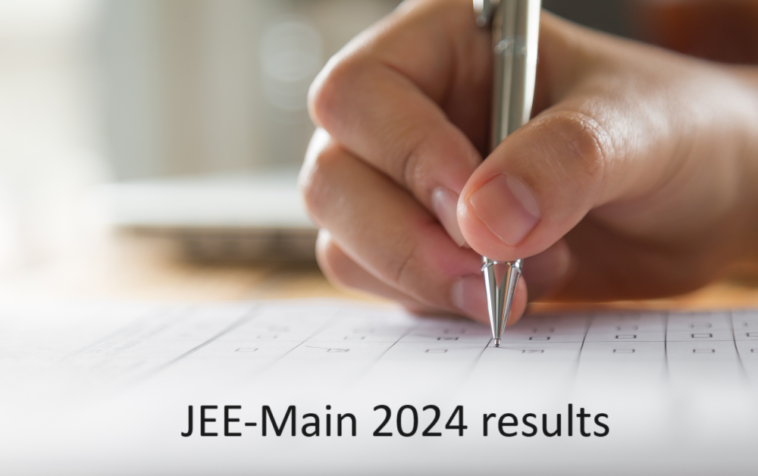The recently announced JEE-Main 2024 results have brought both astonishment and scrutiny to the forefront, with a record-breaking 56 candidates achieving a perfect 100 NTA score. However, alongside this achievement, the soaring cut-offs for the prestigious IITs have sparked discussions and raised questions about the fairness and inclusivity of the examination process.
Unprecedented Excellence:
The news of 56 candidates securing a flawless NTA score, including two female candidates, undoubtedly showcases unprecedented excellence and dedication. This accomplishment not only highlights the exceptional talent pool in the country but also underscores the rigorous preparation undertaken by these aspirants.
Understanding NTA Scores:
It’s crucial to grasp the significance of NTA scores in the context of JEE-Main. Unlike traditional percentage-based grading systems, NTA scores are normalized across multi-session papers, ensuring fairness and equity in evaluation. This normalization process considers the relative performance of all examinees in a particular session, converting their marks into a standardized scale ranging from 0 to 100.
Addressing Discrepancies:
While celebrating the success of top scorers, it’s imperative to address instances of malpractice and unfair means. The revelation that 39 candidates were debarred from the examination for three years due to the use of unfair methods serves as a stark reminder of the challenges in maintaining integrity and ethical standards in high-stakes exams.
State-wise Performance Disparities:
The distribution of top scorers among states sheds light on regional disparities in educational opportunities and infrastructure. Telangana’s continued dominance in producing top performers for the third consecutive year underscores the need for targeted interventions to ensure equitable access to quality education across all states and regions.
Implications of Soaring Cut-offs:
The significant rise in cut-offs for JEE (Advanced) across categories raises pertinent questions about accessibility and inclusivity in higher education. While competition is an inherent aspect of entrance examinations, excessively high cut-offs risk excluding deserving candidates, especially from marginalized backgrounds, thus exacerbating existing inequalities in the education system.
Looking Ahead:
As registration for JEE (Advanced) commences, it’s essential to reflect on ways to enhance the transparency, fairness, and inclusivity of the examination process. Implementing measures to provide additional support and resources to underprivileged students, improving exam infrastructure, and fostering a culture of academic integrity are pivotal steps towards ensuring equal opportunities for all aspirants.
In conclusion, while the JEE-Main 2024 results celebrate exceptional achievement, they also underscore the pressing need for continuous evaluation and refinement of the examination system to promote fairness, accessibility, and meritocracy in higher education.



GIPHY App Key not set. Please check settings